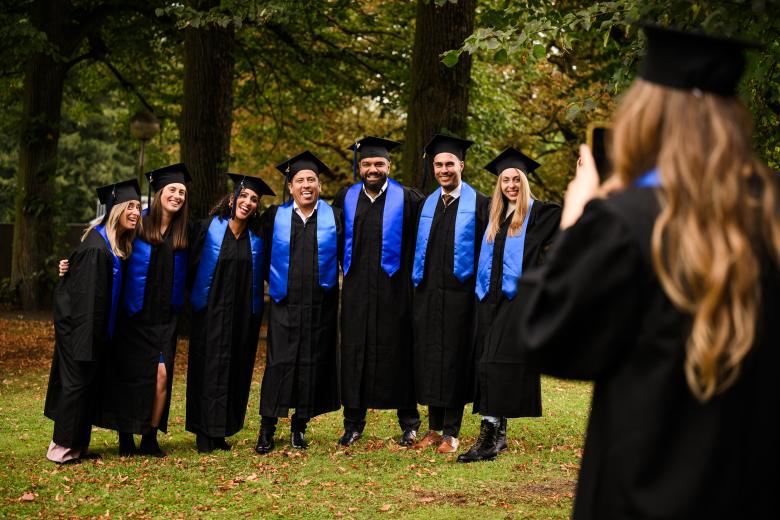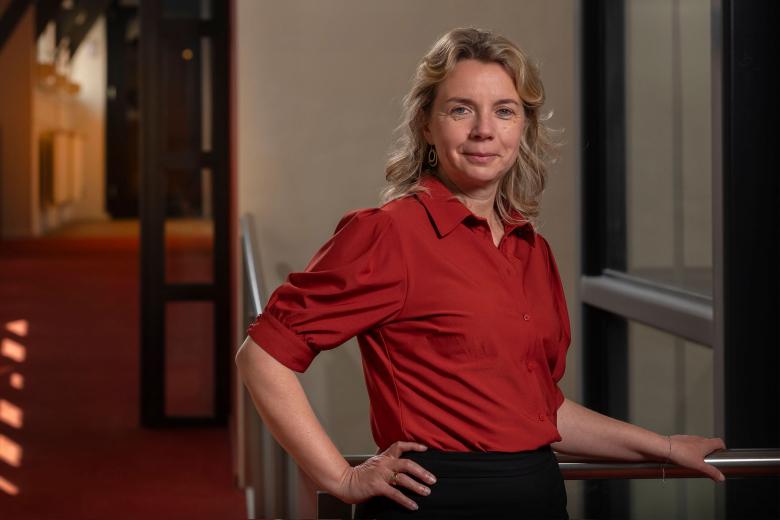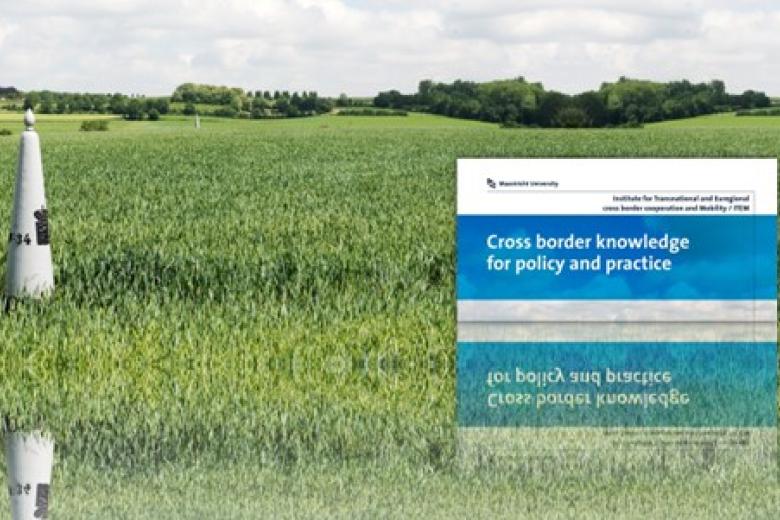Can we use Artificial Intelligence to improve our educational system?
Do we want, and is it possible, to improve our educational system via Artificial Intelligence? This was the central question during a special Ideation Session recently hosted by the Brightlands BISS Campus in Heerlen. This co-creative session was initiated by EDLAB, MUMC+, BISS-Institute and the Library in co-creation with IBM Benelux. The meeting was designed to explore possible public private partner projects on cognitive computing in educational development at UM and MUMC+. Therefore IBM had been invited to show an overview of A.I. and Cognitive Computing Use Cases. About 40 participants from all faculties in various disciplines explored, evaluated, analyzed and discussed all kind of topics related to this question. With an important focus on the student perspective, they were invited to give their input and share their experiences and insights.
Challenges
During the first round of the workshops the participants gathered possible Gains and Pains which should be addressed. Some examples were: the lack of interdisciplinarity, the need for more feedback, guidance towards future career, the urgency to develop 21st century skills, the lack and, at the same time, overload of information.
Unlimited possibilities
Purpose of the following sessions was to see where artificial intelligence & cognitive computing can have an impact on UM and students and find solutions for present-day challenges. In the Ideation sessions it was examined whether A.I. can be of relevance to support education for teachers and students, in preparation for the future field (e.g. as a lawyer, specialist in the hospital, political assistant, etc.). Based on the identified Gains and Pains, participants were challenged to be creative and out-of-the-box and came up with ideas like intelligent modules that create the right group composition, a smart platform and/or buddy for students to ensure the right match for their course selection, and a teacher buddy who could give recommendations on teaching style and the feedback that teachers give in classes.
Conclusion
1. A vision for personalized, flexible PBL-curricula in order to facilitate life long, self-directed learning and teaching. A.I. and computing systems might here serve for better matching, less dropouts, more exchange between students and the professional world and more interdisciplinary skills exchange (i.e. data or digital skills).
2. While the practical question is: how do we manage our educational system to make PBL more valuable for our students?
As next steps the initiators will come up with a summary with potential use cases and report this to the UM Executive Board as well as inviting faculties to participate in the next exploration phase.
Also read
-
Maastricht University recognised among top institutions in CEO Magazine’s 2025 Green MBA Rankings
We are proud to share that Maastricht University School of Business and Economics has been recognised as a top-ranked institution in the CEO Magazine 2025 Green MBA Rankings.

-
Pamela Habibović joins Executive Board Universities of the Netherlands
As of 1 July 2025, Pamela Habibović, UM’s Rector Magnificus, will join the Executive Board of Universities of the Netherlands (UNL).

-
ITEM continues: Advancing cross-border cooperation and impact
ITEM enters new phase within UM Faculty of Law from 2025.
